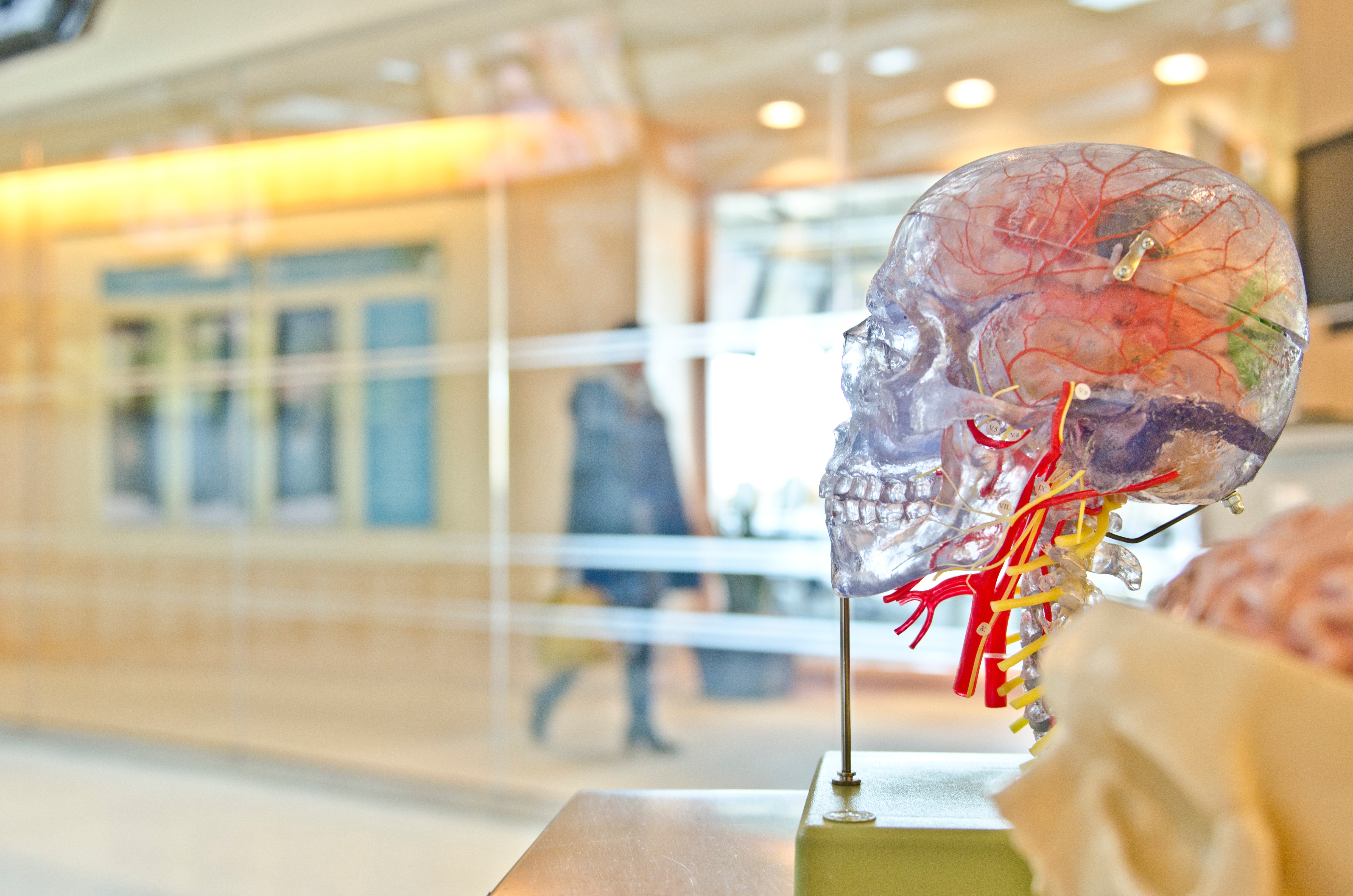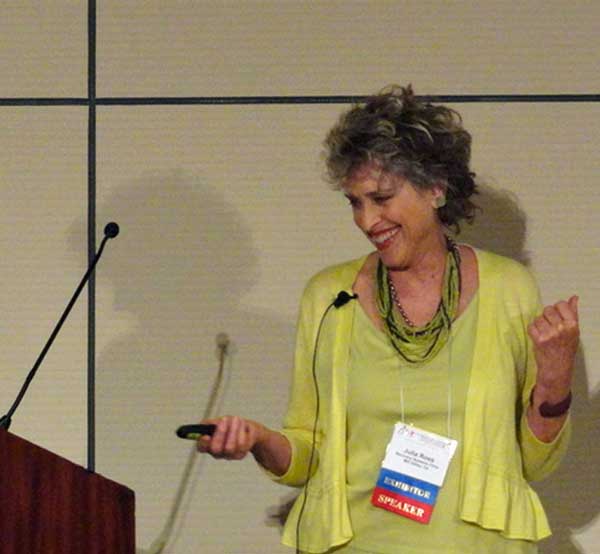
Neurophysiology & Hypoglycemia
Brain Neurophysiology in Persons with Reactive Hypoglycemia
What does hypoglycemia have to do with your brain?
“Reactive hypoglycemia is a condition where the psychological and physiological aspects are difficult to distinguish. Reactive hypoglycemia is frequently defined as the occurrence of low blood sugar appearing several hours after eating. Persons with this condition are often sociable, adjusted, and clear thinking; but show intermittent reactive depression with irritability, tension headaches, weakness, fatigue, and anxiety. Although hypoglycemic individuals reject the idea that their symptoms have a psychological etiology, they are frequently diagnosed as neurotic, passive dependent or hysteriod. The biological component, low glucose to the brain, resulting in this change of personality has not been well documented (Anthony, D.S., S. Dippe, F.D. Hofeldt, J.N. Davis and P.H. Forsham: 1973:665; Cahill and Soeldner: 1974:905). As a consequence, such persons may receive psychotherapy or no treatment whatsoever. One need only observe the “torment” of these person to sense the need for further research in the area (Clemmer: 1977:131-136).
– Introduction to “Brain Neurophysiology in Persons with Reactive Hypoglycemia”, dissertation by Dr. Linda Whitney Peterson, 1978
Once you begin to gather the research and evidence published on reactive hypoglycemia, as we have done here at the Hypoglycemia Support Foundation, you realize that there have been many scientists and doctors speaking about reactive hypoglycemia for decades – unfortunately, mainstream medicine hasn’t been doing a very good job at listening.
“More information is needed regarding the brain neurophysiology of persons with reactive hypoglycemia. Although it is possible to diagnose the condition when several simultaneous blood tests are conducted, few practicing physicians have used any procedure except the inconclusive glucose tolerance test. Because brain changes have not been documented, clinicians vary in their belief about the seriousness of the condition. As a result, treatment modalities for clients depend on the bias of the professional. Sometimes treatment will be adequate and at other times miss the needs of the client entirely.”
– “Brain Neurophysiology in Persons with Reactive Hypoglycemia”, Dr. Linda Whitney Peterson, 1978
Dr. Linda Peterson’s remarkable dissertation is so loaded with scientific evidence and insights that it is hard to understand why the medical community didn’t recognize her landmark work. We are so impressed with Dr. Peterson’s dissertation, that we plan to publish it for wider distribution.
“If you have puzzled over noticeable changes in your moods, thoughts, and feelings, don’t be so quick to accept them as psychological disorders. Hypoglycemia can cause severe metabolic changes in your brain and nervous system, creating altered moods, emotional instability, and behavior changes.” –Author of 7 Weeks to Emotional Healing
We were also fortunate to discover the work of Dr. Ann Childers, a Psychiatrist whose remarkable practice integrates metabolic health with mental health. The field of Nutritional Psychiatry is still young, but the future is bright thanks to leaders like Dr. Childers. Here is a great interview linking nutrition with metabolic and mental health:
You may have also noticed that Dr. Robert Lustig is a medical advisor to the Hypoglycemia Support Foundation, and often featured on this website. He is a neuroendocrinologist and expert on how metabolic health affects our mental health. Modern health – mental health means metabolic health. The main pathway to chronic diseases today is the breakdown of our finely tuned metabolic systems, due to processed food, lifestyle and – mental health issues. Stress and depression have potent effects on our behavior and create an imbalance of hormones such as glucose, insulin and inflammation. Poor mental health contributes to metabolic syndrome, a cluster of common maladies including a large waist, high lipid levels and blood pressure, hyperglycemia and hypoglycemia, breakdown of the balance between insulin and glucose, and the most invisible to all, a fatty liver.
“All roads lead to metabolism.”
– Dr. Robert Lustig
Here is one interview of Dr. Lustig, clarifying the difference between happiness and pleasure, and how nutrition issues have a profound effect on our metabolic and mental health. Often, people who struggle with hypoglycemia experience a wide range of mental health issues – what if changing our diet could make us happy again – and cure our hypoglycemia? Turns out there is plenty of good science and evidence to support this.
“Nutrition is a safe and viable way to avoid, treat, and lessen mental illness.”
–Dr. Julia Rucklidge
Another Advisor to the Hypoglycemia Support Foundation is Julia Ross, bestselling author and nutritional therapy expert, who has helped thousands of overeaters and alcoholics at her clinics: using nutrients called amino acids to quickly restore natural appetite control and eradicate uncontrollable cravings – for highly processed carbohydrates and for alcohol – the ultimate processed carbohydrate. Here at the Hypoglycemia Support Foundation, after decades of observation, we have noticed an extremely high correlation between people suffering from hypoglycemia and alcoholism. With more than three decades of of experience in treating addiction and eating disorders, Julia has also seen how foods, especially “Techno-Karbz,” along with many other addictive substances, are engineered to be addict us, and are hijacking key brain functions and depriving our brains of key nutrients, such as amino acids. Julia recognizes that blood sugar problems start in the brain, one of the most crucial and yet the most difficult part of the body to keep supplied with glucose.
“The brain requires far more glucose than any other organ of the body. Every one of its 200 billion neurons is dependent on a constant, uninterrupted supply. That’s because the our brain contains none of the stored glucose that the rest of the body can quickly access. Without regular, substantial, healthy meals, our brain’s critical blood supply can be interrupted several times, every day. Each time this happens, as the brain becomes desperate for the fuel, cravings can erupt.”
-Julia Ross, The Craving Cure
Julia Ross shares a short list of of symptoms of “Cravers” – people who chronically experience blood sugar levels that drop too low:
- Irritable, shaky stressed, tired, fuzzy-headed, dizzy, flushed, nervous, or headachy, especially after eating high-carbohydrate foods or going too long between meals.
- Craving sugar or starch (or alcohol) frequently, especially if you skip or delay eating.
- Aware that you have hypoglycemia, prediabetes or type 2 diabetes.
Here is a recent interview we conducted with Julia Ross – the information she provides is remarkable:
These, along with many other symptoms are described in the Hypoglycemia Blood Sugar Roller Coaster Infographic.
“Dietary glycemic index may play a role in the pathogenesis or progression of mental illnesses such as generalized anxiety disorder. Dietary modification as a therapeutic intervention in the treatment of mental illness warrants further study.”
– Generalized Anxiety Disorder and Hypoglycemia Symptoms Improved with Diet Modification, Case Reports in Psychiatry
Roberta Ruggiero founded the Hypoglycemia Support Foundation four decades ago after her “mental health symptoms” were misdiagnosed and she was prescribed electroshock therapy against her will. She suffered for many years from undiagnosed and misdiagnosed reactive hypoglycemia, and was bombarded with psychotropic drugs, and humiliating and debilitating treatment. As the Hypoglycemia Support Foundation approaches its 40th anniversary, we are sad to say that mainstream medicine still has a very poor understanding of hypoglycemia and the connection between metabolic and mental health. We feel especially blessed to have some of the amazing leaders we have referenced on this page as our advisors – they give us all hope for a future where hypoglycemia is taken seriously and seen as an opportunity to stop, reverse, and eliminate many preventable mental and metabolic disorders.
REFERENCES
The connections between metabolic and mental health keep getting stronger and stronger. We share a few key resources here:
- Editorial: Metabolic Disturbances in Mental Illness: Neuropathogenetic Mechanisms and Therapeutic Implications, Frontiers in Neuroscience
- Metabolic syndrome in psychiatric patients: overview, mechanisms, and implications, Dialogues in Clinical Neuroscience
- Metabolic Syndrome and Mental Illness, AJMC
- Cause, consequence or coincidence: The relationship between psychiatric disease and metabolic syndrome, Science Direct
- Nutritional Psychiatry: The Gut-Brain Connection, Psychiatric Times
- Nutritional psychiatry: Towards improving mental health by what you eat, Science Direct
- Nutritional Psychiatry: Where to Next? NCBI
- International Society for Nutritional Psychiatry

Linda Peterson, PhD, Author of “Brain Neurophysiology in Persons with Reactive Hypoglycemia” published in 1978. If only the medical profession has listened to her, the pandemic of diet-driven hypoglycemia today would not be so prevalent.

Dr. Ann Childers is a Portland-based psychiatrist who builds her practice on connecting metabolic and mental health. Her work is a superb example of the emerging field of nutritional psychiatry, a fundamental paradigm shift in mental health that recognizes that our mental well being is linked to the food we eat.
A brief conversation with HSF Founder Roberta Ruggiero and Dr. Robert Lustig, Medical Advisor to the Hypoglycemia Support Foundation.

Another remarkable example of “If only the medical profession had listened…” is the work of Julia Ross. Julia has written three books, The Mood Cure, The Diet Cure, and The Craving Cure.



